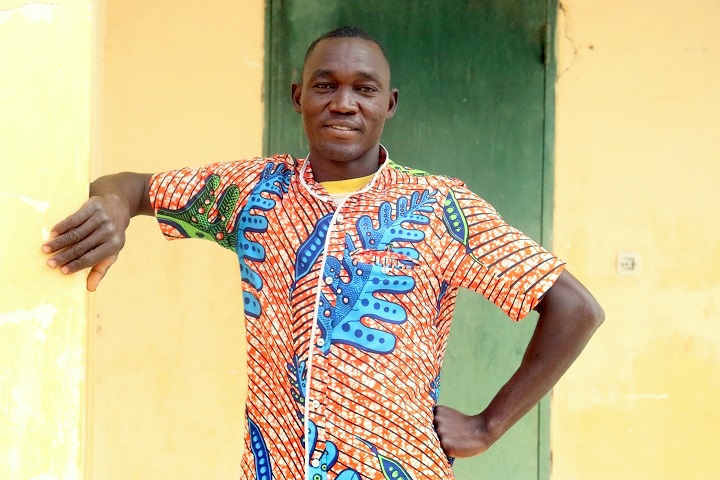At Integrate Health, we train nurses, midwives, and Community Health Workers on family planning. We regularly facilitate refresher trainings to make sure their skills are sharp and up to date to provide the best services possible to their communities. However, persistent myths and misconceptions about family planning cause significant resistance, especially from men. This leads to an underutilization of contraception.
Overcoming misconceptions about family planning
Family planning is often misunderstood to be associated with infidelity and infertility. In the communities where Integrate Health works, many husbands forbid their wives from accessing contraceptive services because of these misconceptions. In order to overcome these barriers, Integrate Health facilitates a Male Peer Educator program. Men are selected from their communities and trained to advocate for the benefits of family planning. Male Peer Educators are selected for their speaking ability and their position and reputation within the community, as well as for their ability to influence those around them. They have personally experienced the benefits of family planning, having adopted a contraceptive method in collaboration with their wives. When they speak to other husbands in their communities, they speak from experience. They are trained on key concepts including the different methods available, their potential side effects, and how to debunk common misconceptions. They learn how to organize educational talks and facilitate conversations amongst their peers.
In February, Integrate Health held a peer educator training in the district of Binah. Manawè Kpakpabiao was one of the participants. Two weeks after his training, he organized two consecutive educational talks where he gathered nearly one hundred people in total. During the talks, he presented all the benefits that family planning provides for women and for the household in general, just as he was taught to do during the training.
Finding the right words: community advocacy work
Manawè is good speaker. He is a UNICEF-supported Community Health Worker, which means he is well known and appreciated by his community. Coming from a position where he is trusted and well respected, he is able to convince his neighbors to change their opinions, even on stigmatized issues.

While his two talks were successful overall, there were two men in one session who remained steadfast in their opposition to family planning:
“In the moment I didn’t say anything. But after the meeting, one of them came to my house. We had a deeper conversation, just the two of us, where I used concrete examples of how useful family planning really is. I told him that life is tough these days. We are short on money and can’t really ensure that all of our children will have bright futures.”
Taking the time to talk one-on-one and by using real life examples, Manawè not only convinced his neighbor of the benefits of family planning, but the man also became an advocate himself. During the second meeting Manawè organized, the same man helped him mobilize participants, including his friends who disagreed during the first talk. He actively participated in the discussion portion of Manawè’s talk, working to convince his friends. This was a rewarding experience for Manawè, who could see with his own eyes the ripple effect of his efforts. It gave him the confidence and motivation to keep going and work with even more people.
Manawè already scheduled his next talk, and we send him our best wishes for the upcoming talk and many more to come!

